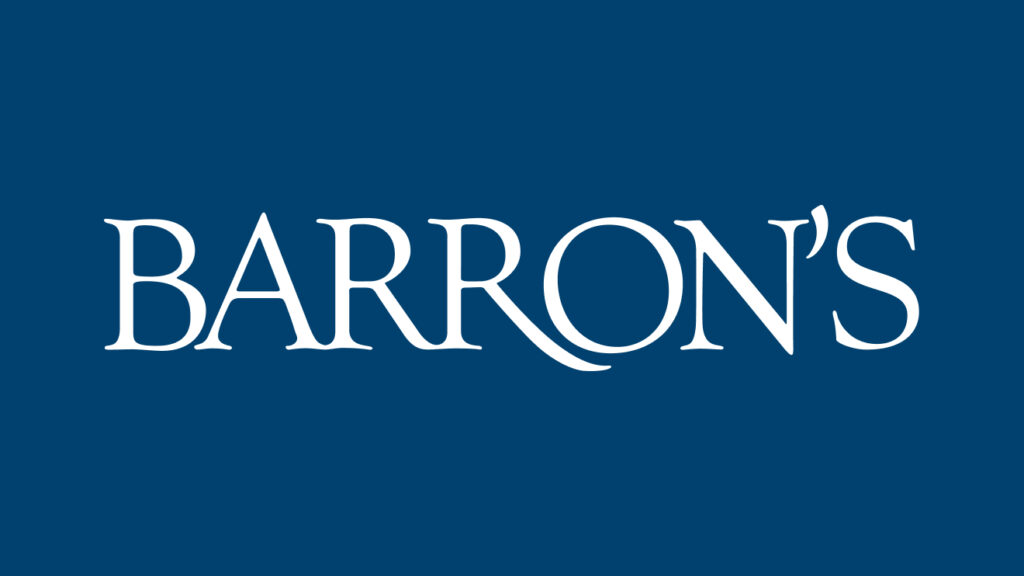Campaigning kicked off on Saturday for Rwanda's July 15 presidential election, in which President Paul Kagame is widely expected to extend his 24-year iron fist rule over the Great Lakes nation.
Rwanda has registered 9 million voters for its simultaneous parliamentary elections, a first for the country.
The poll came 30 years after the genocide that claimed the lives of around 800,000 people.
Kagame, Rwanda's de facto ruler since the end of the genocide in 1994 and president since 2000, will face the same rivals he faced in 2017: Frank Habineza, leader of the opposition Democratic Green Party, and Philippe Mpaimana, a former journalist who is running as an independent.
A Rwandan court has rejected an appeal by opposition leaders Bernard Ntaganda and Victor Ingabire to quash previous convictions that effectively barred them from running for office.
Advertisement – Scroll to continue
The electoral commission also suspended Diane Rwigara, a critic of President Kagame, for failing to declare her criminal record as required and for failing to meet the threshold of collecting 600 public signatures of support.
Rwigara is the daughter of businessman Asinapolu Rwigara, a former major donor to President Kagame's Rwanda Patriotic Front and a former rival of the party's leadership.
Kagame was elected to parliament in 2000 after the resignation of former President Pasteur Bizimungu and has won three elections in 2003, 2010 and 2017 with more than 90% of the vote, with the latest opinion poll putting him at nearly 99%.
Advertisement – Scroll to continue
The 66-year-old politician has been praised for rebuilding the Rwandan economy after the genocide but has faced criticism over human rights abuses and a repressive opposition.
Kagame has led controversial constitutional reforms that could see him rule until 2034.
This will reduce presidential terms from seven to five years and reset President Kagame's term, allowing him to rule as a caretaker government from 2017 to 2024, after which he can serve two five-year terms until 2034.
Advertisement – Scroll to continue
More than 500 candidates run in legislative elections, and voters elect 53 of the 80 members.
The remaining 27 seats in parliament are reserved for independent candidates, including 24 women, two junior members and one person with a disability.
Kagame's party and its allies currently hold 49 of the 53 seats in the lower house of parliament.
Advertisement – Scroll to continue
Opposition candidate Habineza's Democratic Green Party won two seats, as did the Socialist party Imberacri, which won two seats.
Women councillors are elected by municipal and regional councillors, youth representatives by the National Youth Council and disabled candidates by the Federation of Disabled Persons' Organisations.
str-sva/amu/ach

